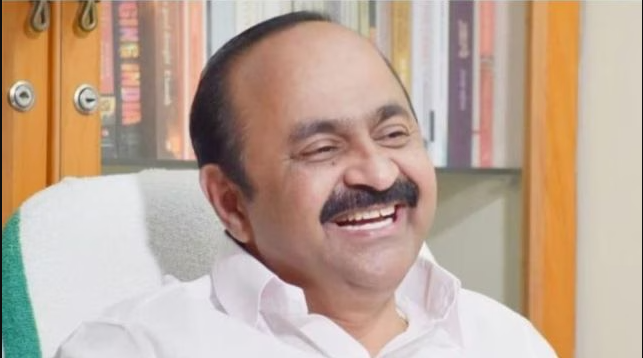Ukraine refugees: UN map shows total exceeds 4.9 million
- thisisadviksingh
- Apr 19, 2022
- 2 min read
The number of people fleeing the war in Ukraine has reached 4,980,589, the latest figures from the UN's refugee agency show.
More than half of those escaping the violence have gone to Poland, where 2,800,713 refugees are registered.
Romania has welcomed 750,693 refugees while Hungary has accepted 465,598, figures show.
More than 425,200 Ukrainians have fled to Moldova, 339,680 to Slovakia and 23,609 to Belarus.
More than half a million Ukrainians have arrived in Russia since the full-scale invasion of Ukraine was launched on February 24.
“The scale of human suffering and forced displacement due to the war far exceeds any worst-case scenario planning,” said Antonio Vitorino, director general of the International Organisation for Migration.
The influx of Ukrainians into neighbouring countries is made up predominantly of women, children and the elderly.

More than 7.1 million people are internally displaced. These people have fled their homes but are still in Ukraine, the IOM said on April 14.
“The humanitarian needs of people internally displaced in Ukraine continue to grow,” it said.
The agency said in addition to Ukrainian refugees, nearly 215,000 non-Ukrainians living, studying or working in the country have also left.
More than a quarter of the population have been forced to flee their homes.
Inside Ukraine, UNHCR has been delivering blankets, sleeping mats and emergency shelters, and trying to identify people in need of particular assistance, such as children travelling alone and people with disabilities.
Displaced children make up a significant proportion of the millions of people who have been forced to flee their homes since the invasion began.
As people leave the country, those arriving in EU member states such as Poland, Slovakia, Hungary and Romania can move with relative freedom.
EU and national leaders have been keen to talk of open borders and welcoming the refugees.
But moving across the continent is not easy, particularly for those who leave with few or no belongings and limited money.
The 27-nation bloc is preparing to grant Ukrainians the right to stay and work for up to three years, reviving a law that has been unused since the collapse of Yugoslavia in 1992.



Comments